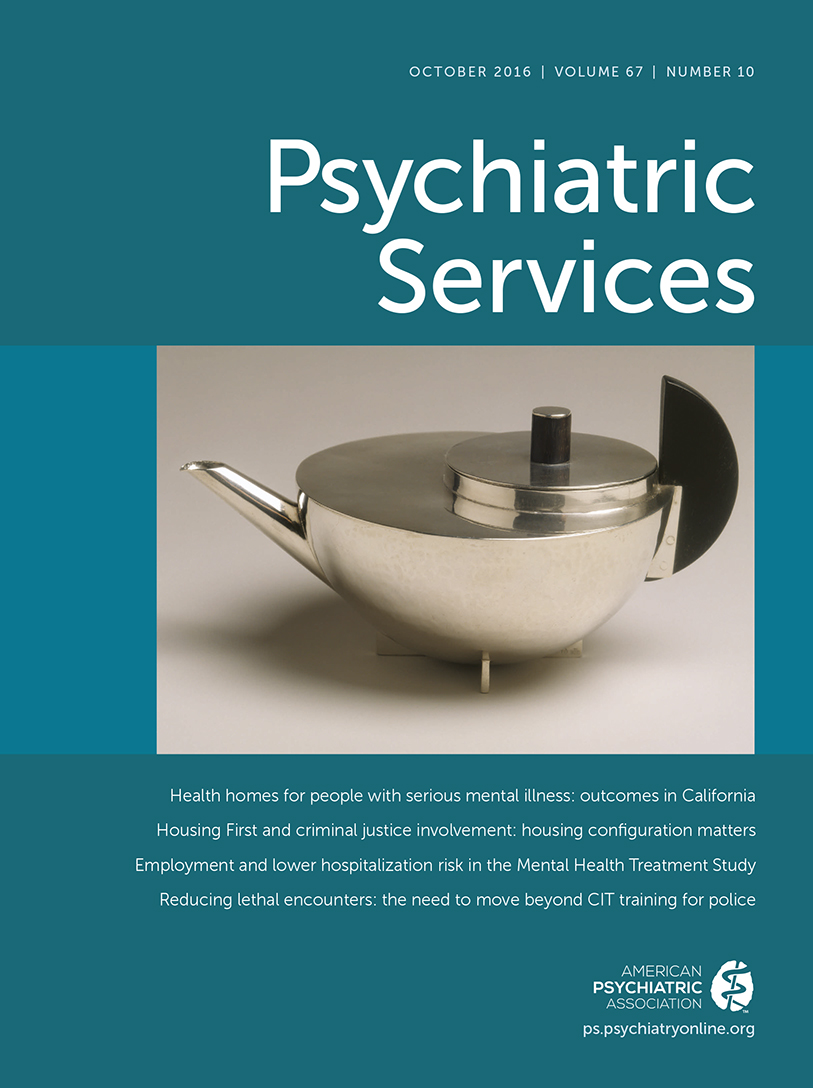Prevalence and Predictors of Obesity-Related Counseling Provided by Outpatient Psychiatrists in the United States
Abstract
Objective:
This study sought to identify rates and predictors of obesity counseling performed by outpatient psychiatrists in the United States.
Methods:
The 2005–2010 National Ambulatory Medical Care Surveys provided data from 7,309 outpatient psychiatry visits. Logistic regression was used to examine associations between patient, visit, and practice characteristics and outcomes.
Results:
Most (81%) visits occurred in a private practice setting. Nine percent (N=657) of visits included measurement of patient body mass index (BMI); 30% of these visits were with patients who met the obesity criterion (BMI ≥30.0 kg/m2). Among visits with obese patients, 16% included exercise counseling, 22% included weight reduction counseling, and 24% included diet or nutrition counseling. Patients with obesity were more likely than patients without obesity to receive diet or nutrition counseling (p<.05) and weight reduction counseling (p<.05), but not exercise counseling. Black patients were significantly less likely to receive any form of counseling (p<.05).
Conclusions:
There is a significant need to improve psychiatrists’ obesity counseling.



